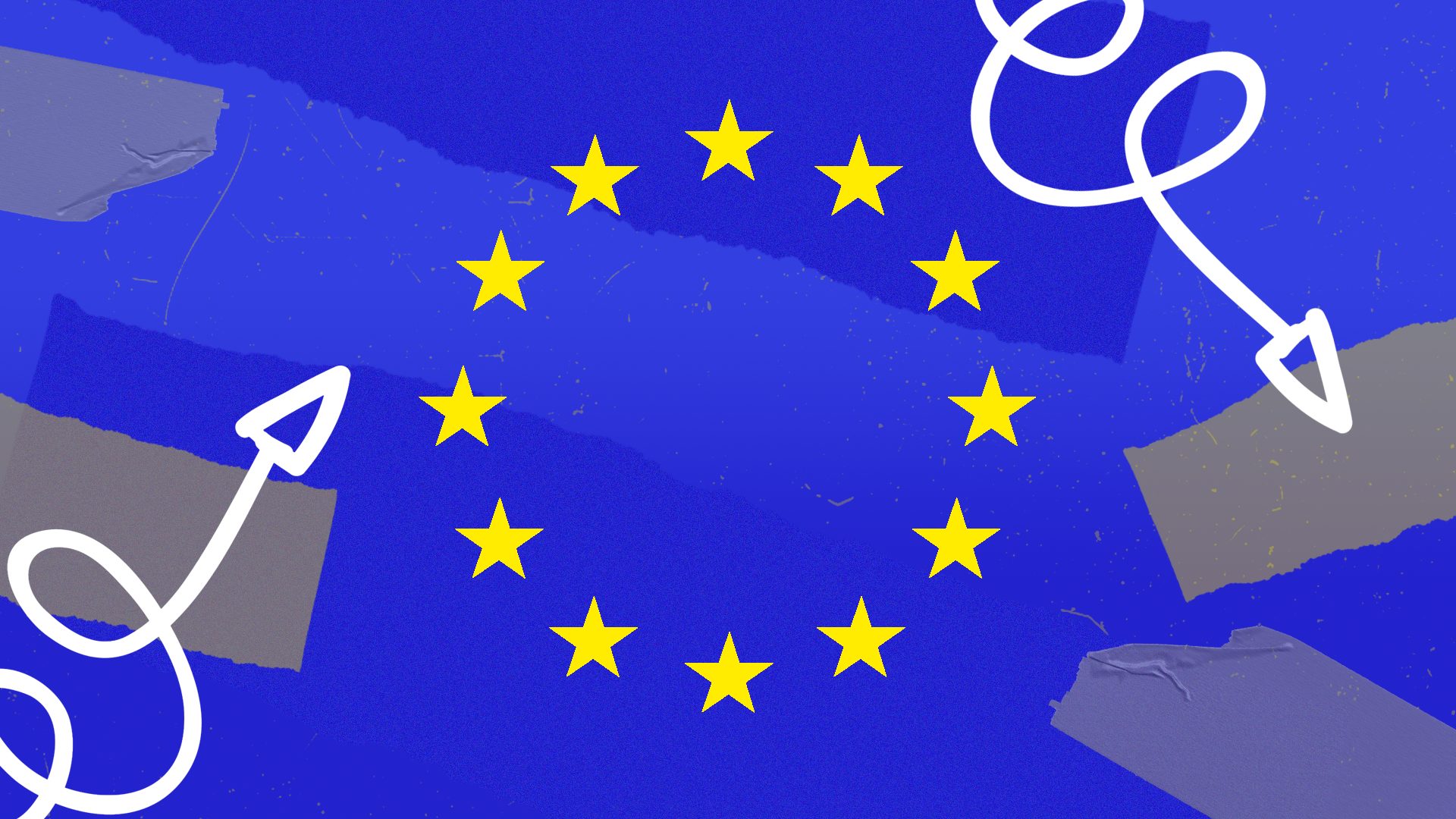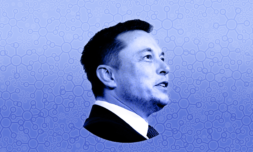The EU Commission and Bill Gates are looking to mobilise as much as $1bn USD investment into sustainable tech such as clean hydrogen and green fuel sources.
When self-made billionaires start to push bold eco-initiatives backed by serious money, the mind naturally starts to wonder about potential greenwashing, PR stunting, and what these influential names really stand to gain.
With such a glistening track record in sustainable tech, however, Bill Gates is definitely an exception.
The latest announcement from the Microsoft chief reveals an ambitious partnership with the European Commission to drive clean tech and sustainable energy schemes totalling up to $1bn USD before 2026.
The overarching goal of the project is to quicken Europe’s transition away from fossil fuels and toward low-carbon energy sources and green tech deemed too expensive to implement now.
Gates’ founded program, Breakthrough Energy Catalyst, wants to commit funds to large scale commercial projects with the potential to decarbonise the very worst offending industries, like transport and electricity production.
Reducing our current footprint is also key on the agenda, so engineering firms working on carbon capture technology will get a slice of the pie. Think of it as a full scale assault on climate change.
Specifically, the key areas being prioritised for investment here are green hydrogen, sustainable aviation fuels, direct air capture, and long-duration energy storage.




















